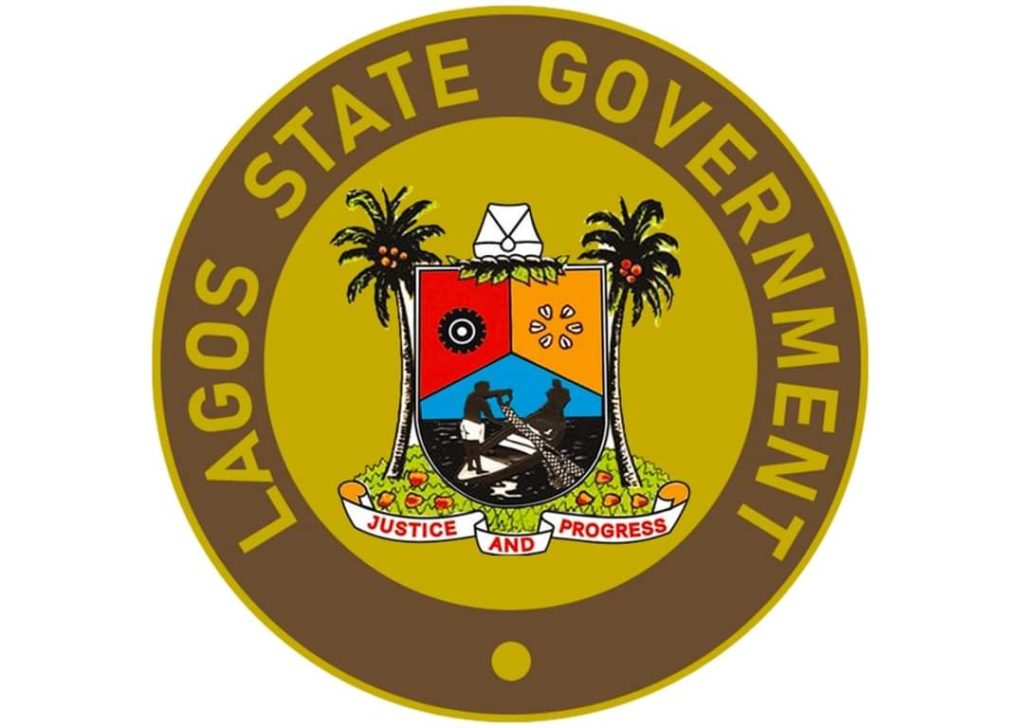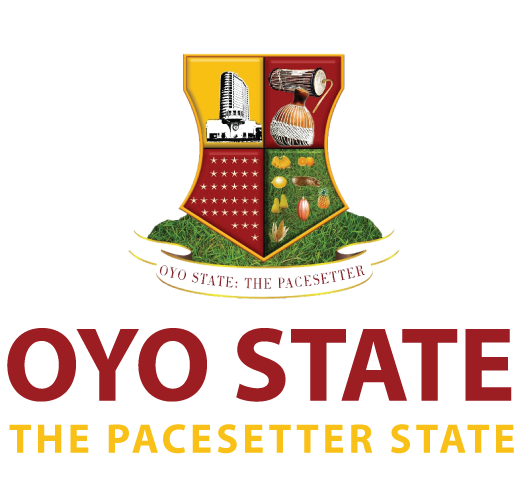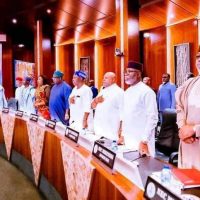“First, we are introducing a three-day work week for Levels 1-13 civil servants. This measure aims to provide relief and flexibility reflecting our commitment to the workforce’s well-being,” Mr Sanwo-Olu said.
Mr Sanwo-Olu stated this in a recap of his media chat with journalists earlier on Thursday, posted on his X account.
The governor noted that to address rising food prices, “we will be opening Sunday markets across 42 identified markets across the state to sell food items at really affordable rates.”
He added, “Lagosians will be able to buy commodities, not above the N25,000 threshold. We aim to serve over 500,000 Lagosians with essential food items at rates that defy inflation.”
According to Mr Sanwo-Olu, four more food hubs are under construction, and seven other locations in other LGAs have also been identified for more food hubs to be developed.
The governor’s announcement followed several protests over the rising cost of food.
Mr Sanwo-Olu, a protégé of President Bola Tinubu, has backed the Nigerian ruler’s harsh economic policies.
Though increment in prices of food predated Mr Tinubu’s government, his sudden fuel subsidy removal and floating of the naira have seen petrol price jump from N145 to N630, shooting food prices up as the naira continue its freefall against the dollar, trading for N1,825 against a dollar on Tuesday.
A recent market survey showed that food prices have increased by over 100 per cent since Mr Tinubu assumed office last year.
Spiking economic inflation, estimated to be around 29.9 by the National Bureau of Statistics, has driven food prices high astronomically in recent times, forcing Nigerians to hit the streets in protests in Oyo, Niger, Osun, Kano and Lagos, Mr Tinubu’s home state.
Mr Tinubu, in response to public outcry on the rising cost of food driven by skyrocketing inflation in the country, had directed the Ministry of Agriculture and Food Security to release about 42,000 metric tonnes of grain, including maize, millet and garri.
He also charged National Security Adviser Nuhu Ribadu, the State Security Service and the police to go after food hoarders.
The International Monetary Fund, in a summary of its assessment of Nigeria’s economy, lauded Mr Tinubu’s government for structural reforms, scrapping fuel subsidies and floating the naira.
The IMF also said Mr Tinubu’s release of “cereals from the grain reserve, provided subsidised fertilizer to farmers,” amongst other measures “to ease the impact of rapidly rising inflation on living conditions.”





